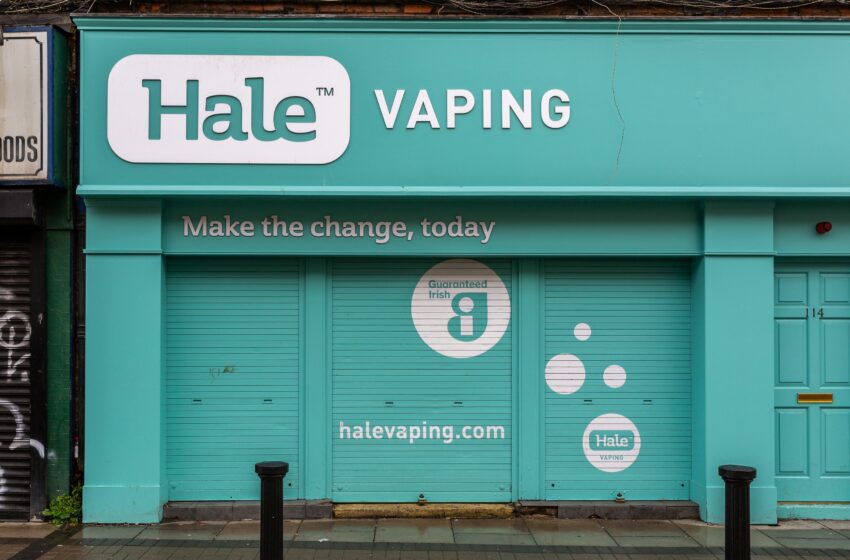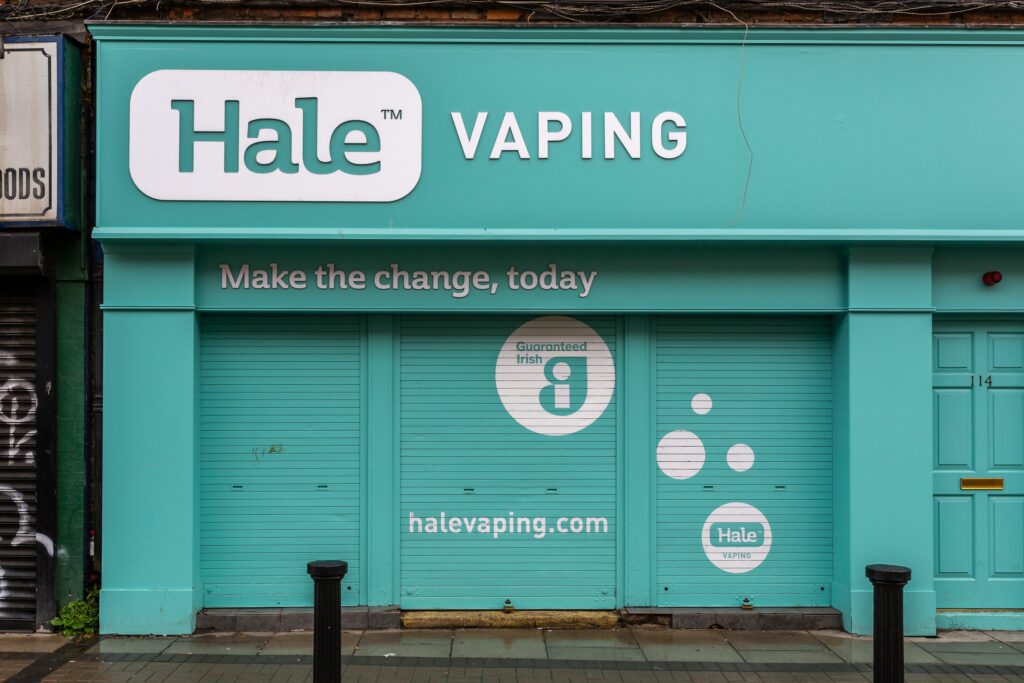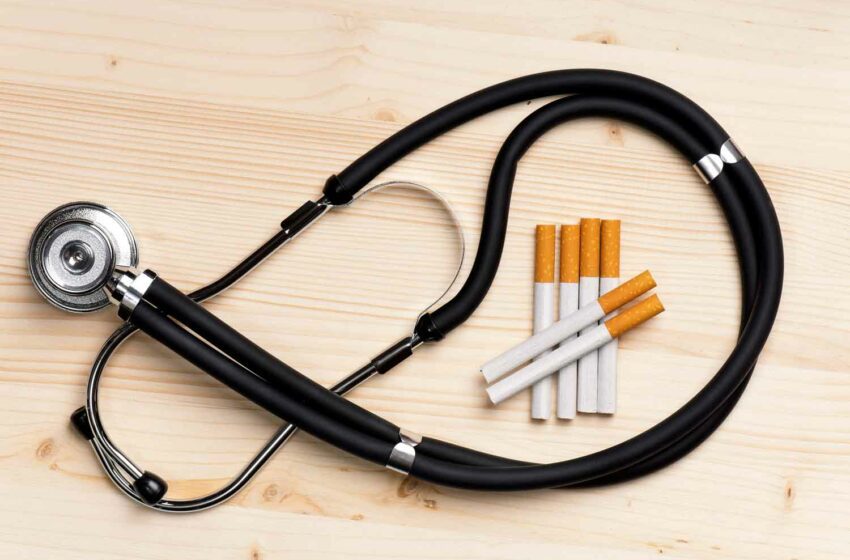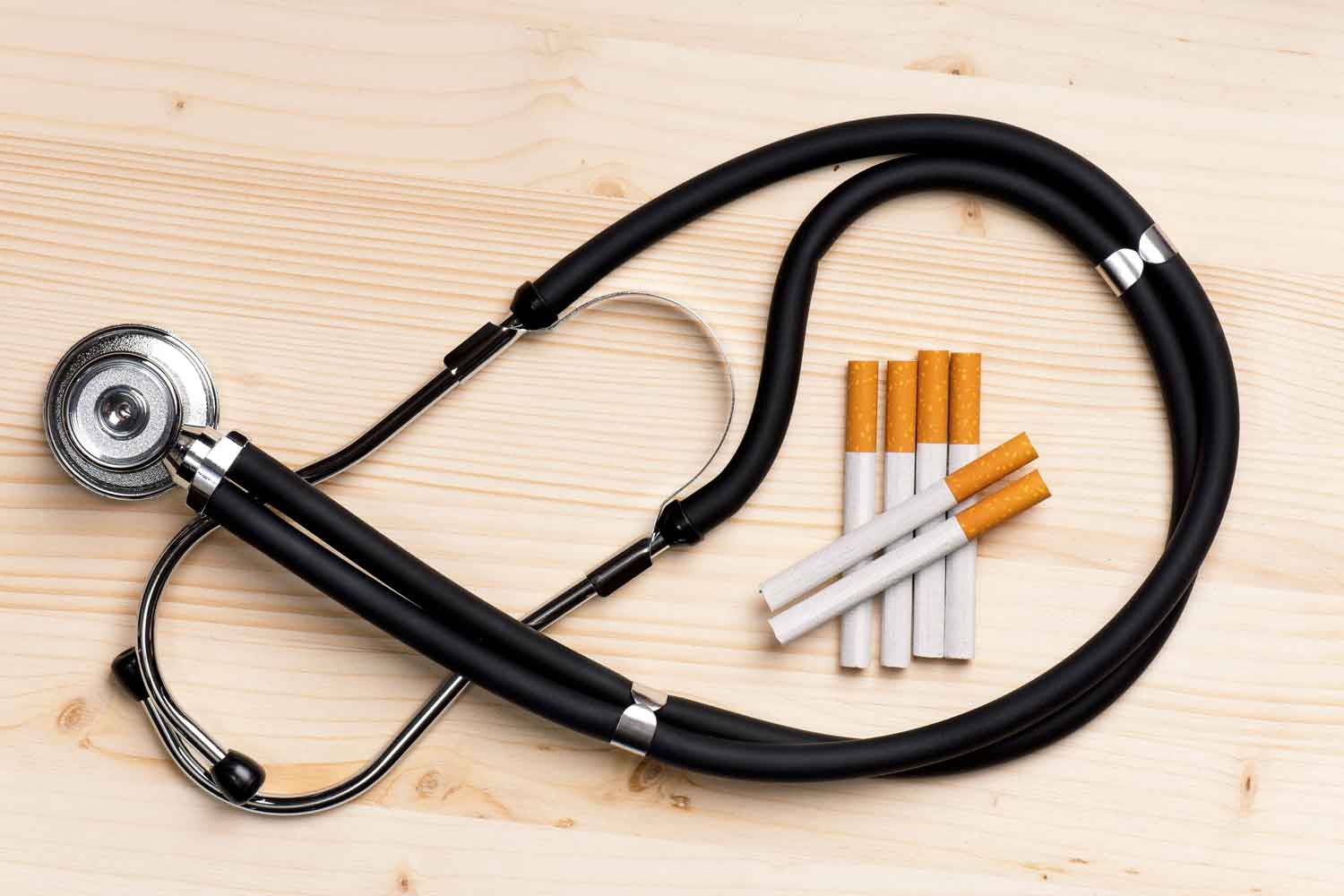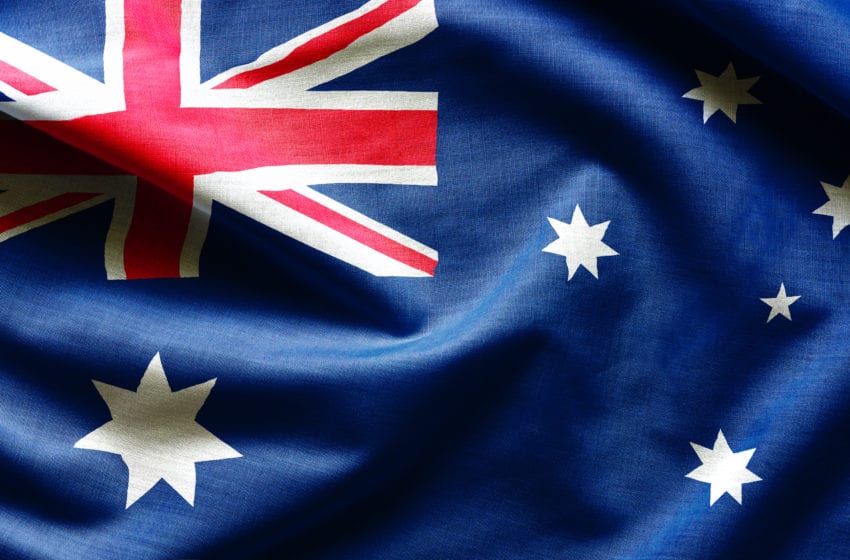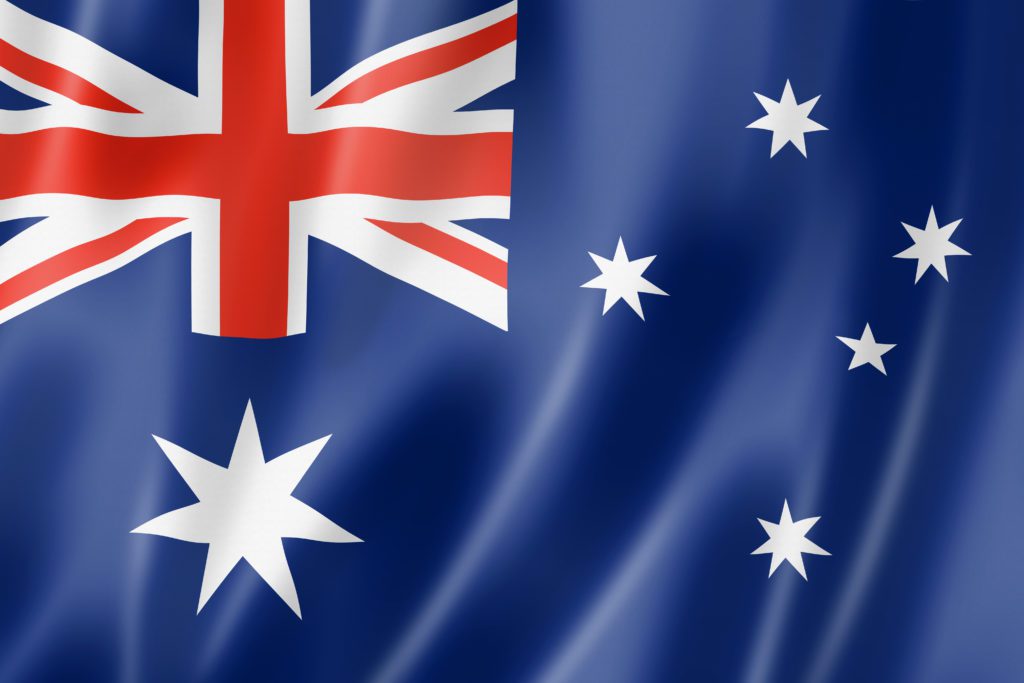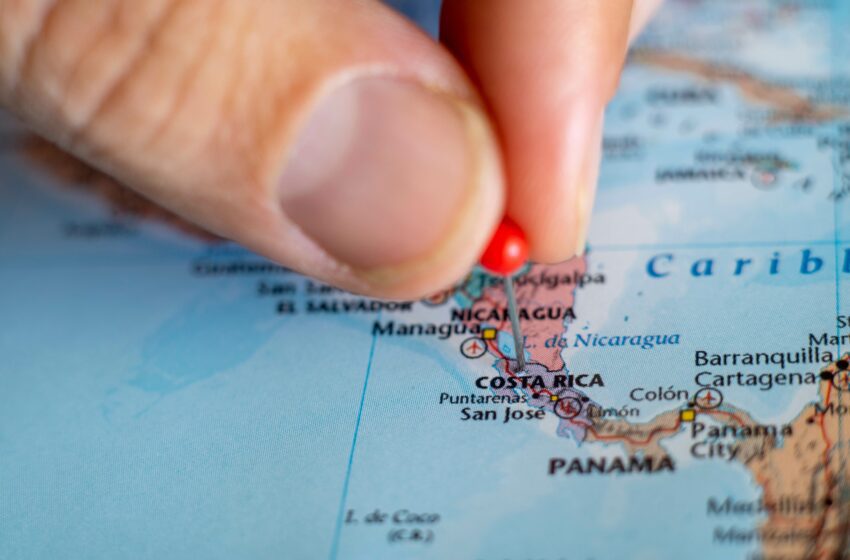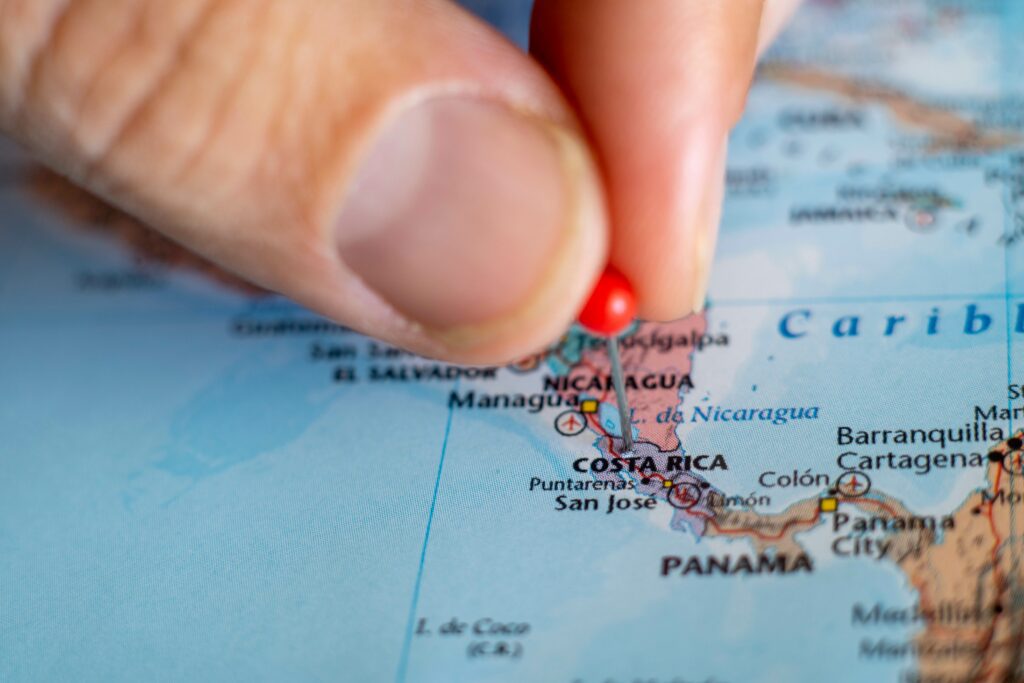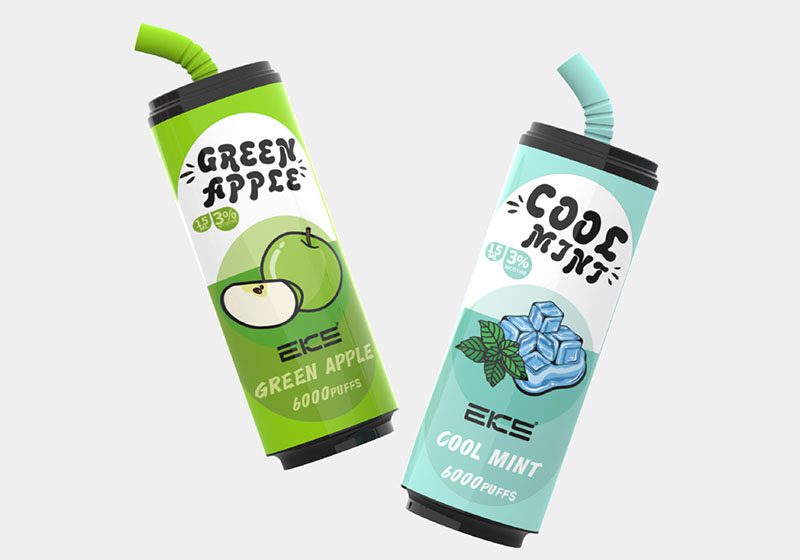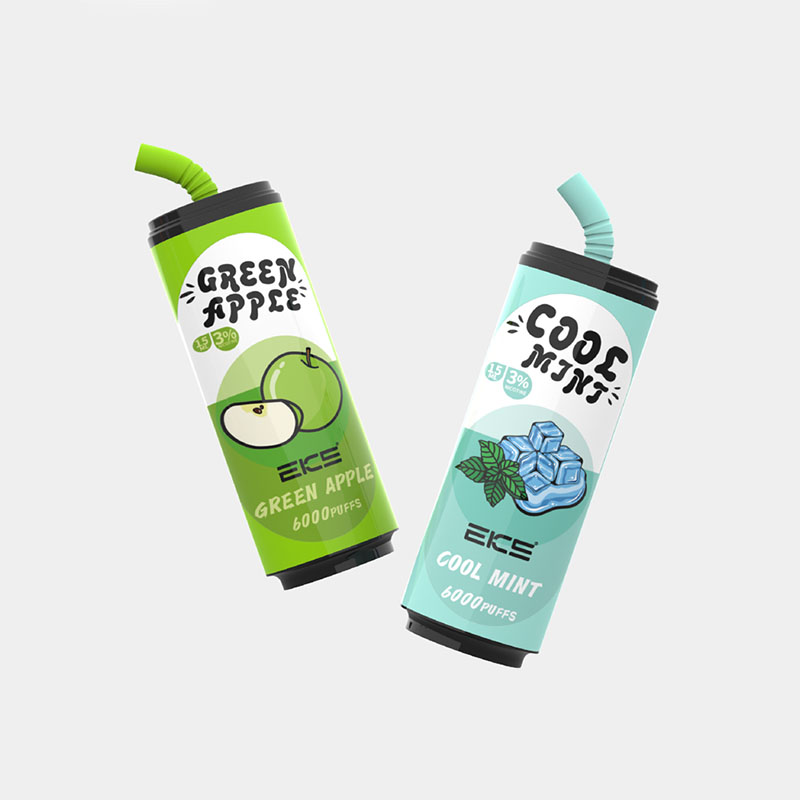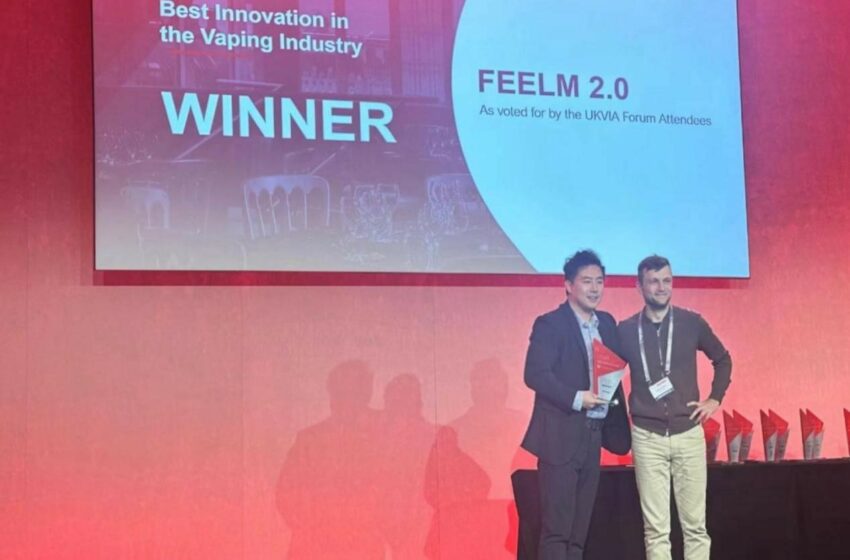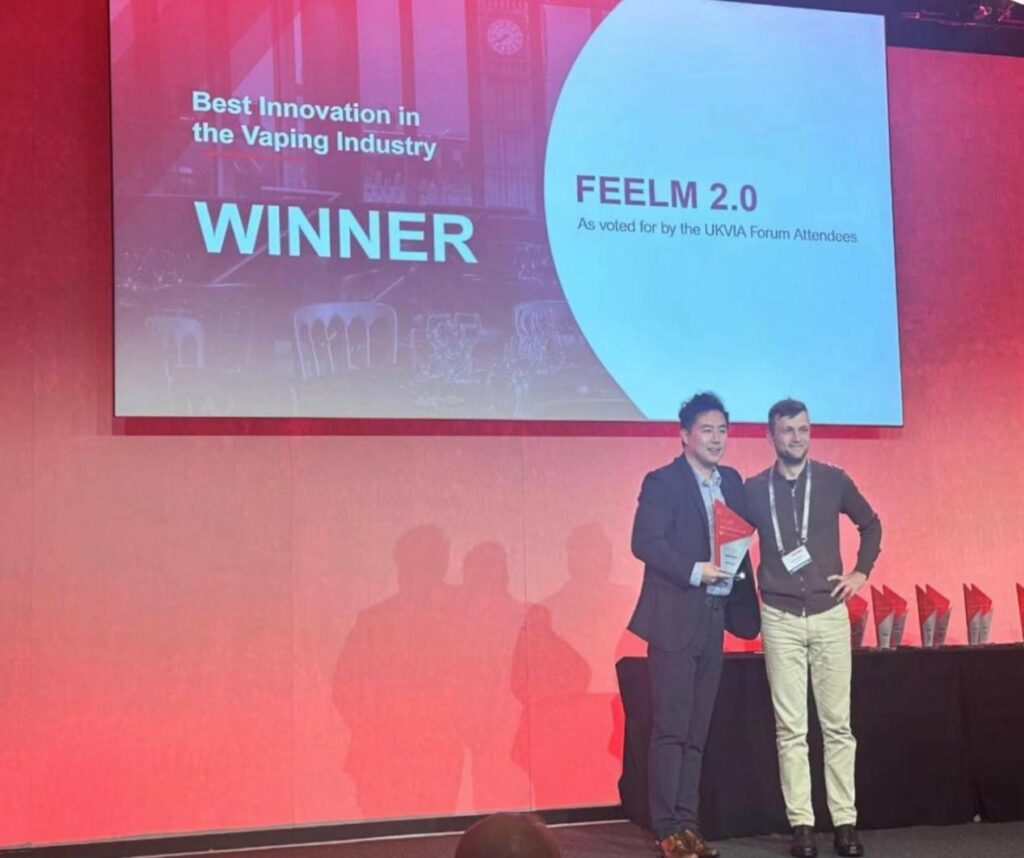Today, the U.S. Food and Drug Administration issued warning letters to seven online retailers for selling and/or distributing unauthorized e-cigarettes.
The unauthorized e-cigarettes are packaged to look like youth-appealing toys and drink containers, including milk cartons, soft drink bottles, and slushies. The products’ design may also help youth conceal the e-cigarettes from adults or be confused with an everyday object and the contents accidentally ingested by young children, according to the agency.
“As we continue into the school year, it’s critical that parents, teachers, and other adults are aware of illegal e-cigarettes deceptively packaged to look like everyday items,” said Brian King, director of FDA’s Center for Tobacco Products (CTP). “These types of products can be easily concealed and contain nicotine, which is highly addictive and can harm the developing adolescent brain.”
The unauthorized products described in the warning letters issued today include e-cigarettes that:
- Imitate drink containers for youth-appealing drinks such as milk, soft drinks, and slushies.
- Are designed to look like youth-appealing toys such as dice, phones, and action figures.
“FDA uses a variety of surveillance tools to monitor the rapidly evolving e-cigarette landscape and to identify emerging threats to public health,” said Ann Simoneau, director of the Office of Compliance and Enforcement within the CTP. “We use data from these tools to help prioritize investigations of youth-appealing products across the supply chain to ensure illegal products stay off the shelves.”
The retailers receiving these warning letters sell and/or distribute e-cigarettes in the United States that lack authorization from the FDA, which is a requirement under the Federal Food, Drug, and Cosmetic (FD&C) Act to legally market a new tobacco product.
In addition to the specified products mentioned in the warning letters, the retailers were warned to address any violations that are the same as or similar to those stated in the warning letter, and promptly take any necessary actions to bring the tobacco products that they offer for sale in the United States into compliance with the FD&C Act.
The seven retailers issued warning letters were given 15 working days to respond with the steps they will take to correct any violations and to prevent future violations. Failure to promptly correct the violations can result in additional FDA actions such as an injunction, seizure, and/or civil money penalties.
Today’s warning letters are the latest in a series of FDA’s efforts across the supply chain to address illegal e-cigarettes that appeal to youth.
As of November 2023, FDA has issued approximately 630 warning letters to firms for manufacturing and/or distributing illegal e-cigarette products and devices, issued more than 400 warning letters to retailers for the sale of unauthorized e-cigarettes, filed civil money penalty complaints against 35 e-cigarette manufacturers and 42 retailers for manufacture or sale of unauthorized products, and worked with the Department of Justice to seek injunctions against 6 manufacturers of unauthorized e-cigarettes.



